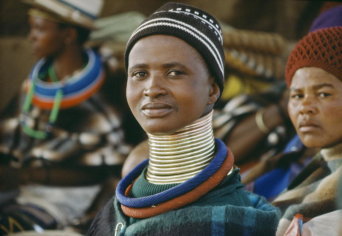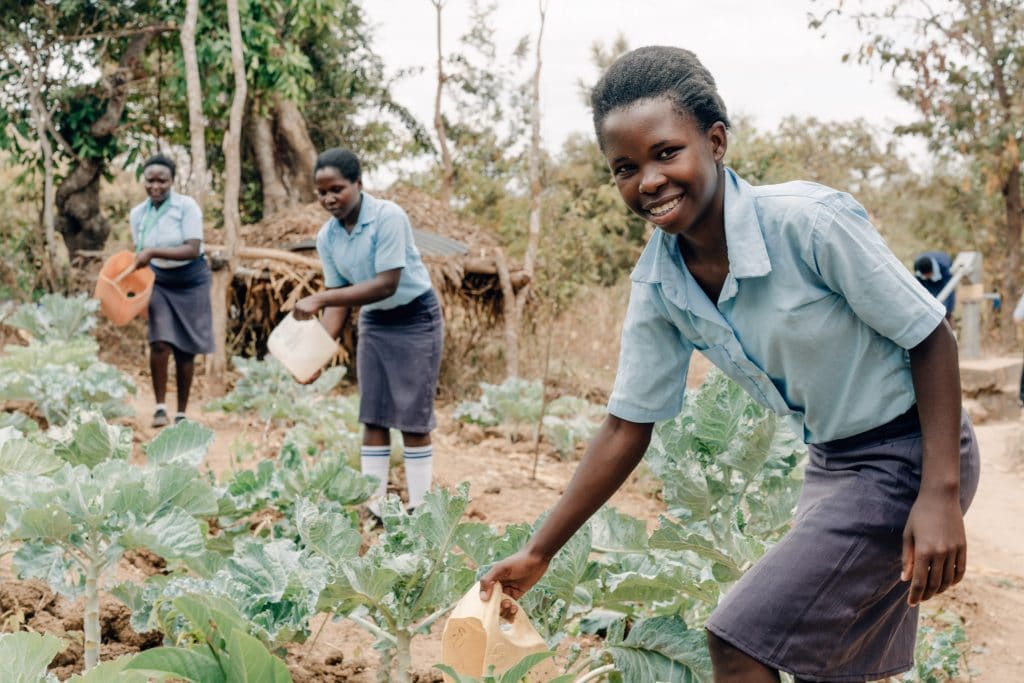- About
- Topics
- Picks
- Audio
- Story
- In-Depth
- Opinion
- News
- Donate
- Signup for our newsletterOur Editors' Best Picks.Send
Read, Debate: Engage.
Despite tremendous gains in addressing gender inequality and women’s rights around the world over the last decade, women continue to struggle in vital areas, including access to finance for their businesses, eliminating the gender pay gap, employment and entrepreneurship opportunities, land rights, and inheritance.
In Africa, a continent where women are known to drive entrepreneurship and small businesses that oil the engine of economic growth, financial access has put brakes on their prosperity and further fanned the finance gap between the genders.
“The finance gap between men and women on the continent is estimated at about $22 billion, with almost $6 billion in agriculture alone. So, that gives you an idea of how big the gap is”, said the Director of Gender, Women and Civil Society Department at African Development Group Vanessa Moungar at a recent summit.
Indeed, the World Bank noted in its recent Women, Business and the Law 2019 report that Sweden for example, one of the six best countries globally to embrace equal rights for men and women, was still to rationalise the gender pay gap, with women earning 5 percent less than their male counterparts. In the U.K., the gap is estimated at 8 percent. Data from the World Economic Forum, on the other hand, note that it will take us over 200 years to bridge the workplace divide if current trends continue. Yet the world economy stands to earn $160 trillion more if women earned as much as men.
“Gender equality is a critical component of economic growth. Women are half of the world’s population and we have our role to play in creating a more prosperous world. But we won’t succeed in playing it if the laws are holding us back,” Kristalina Georgieva, the interim president of the Bank, noted while releasing the report.
And as the world marks International Women’s Day this month, with a call to 'Think equal, build smart, innovate for change', the focus now, more than ever, lies in shifting the conversations and actions from just gender inclusivity to empowerment that ensures that we have invested in moving more women from low wage job brackets to decision making roles across all sectors.
The paradox of our time is that there are more women working in farms who continue to be limited in representation at the highest levels of farmers' associations. There are more women community health workers, yet a negligible number at managerial levels of the health sector. Making a case for gender equality and empowerment helps businesses thrive and creates more jobs; it grows economies, fosters development and remains our best bet at a sustainably inclusive future.
Photo: United Nations Photo

